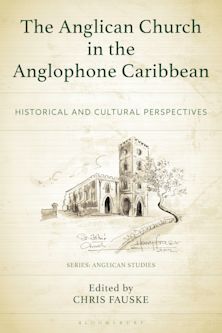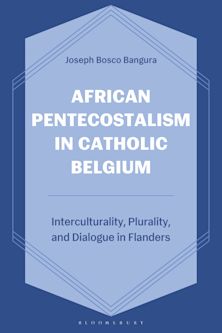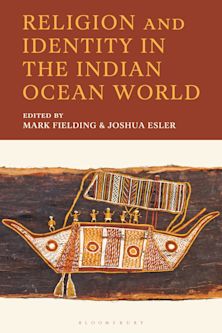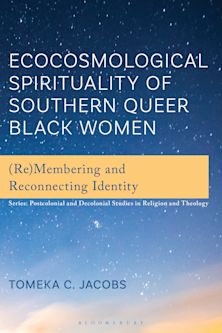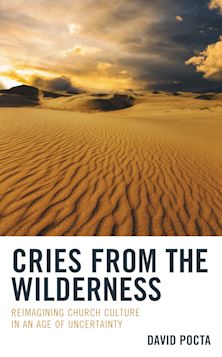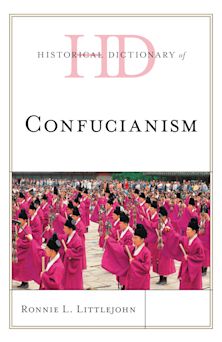- Home
- ACADEMIC
- Religious Studies
- Religious Studies - Other
- African Personality and Spirituality
African Personality and Spirituality
The Role of Abosom and Human Essence
African Personality and Spirituality
The Role of Abosom and Human Essence
You must sign in to add this item to your wishlist. Please sign in or create an account
Description
There is a divine pronouncement among the Akan that all human beings are children of God (Nana Nyame), none a child of the earth (mother); meaning that human beings are spiritual in origin, descending directly from God via the Abosom (gods and goddesses). Every person then has a deity as father (?gya-bosom), recognition of which existentially enables a person to fulfil one’s career or professional blueprint (Nkrabea). Intrinsically, therefore, human beings embody the very essence of the Abosom, which manifests itself behaviorally and psychologically in a manner identical to those of the gods and goddesses.
African Personality and Spirituality: The Role of Abosom and Human Essence therefore addresses ultimate existential concerns of the Akan, revealing the essence of the primeval gods and goddesses and how they transform themselves into human beings, as well as the psychology of personality characteristic attributes, the phenomenon of spirit alightment, and other manifestations of the gods and goddesses, and the imperative of ethical existence and generativity (?bra b?) as basis of eternal life.
Table of Contents
Chapter 2: The Nature of the Spirit
Chapter 3: The Spirit Incarnate
Chapter 4: Manifestation of the Spirit
Chapter 5: The Ethical Pathway
Product details
| Published | Dec 17 2015 |
|---|---|
| Format | Ebook (Epub & Mobi) |
| Edition | 1st |
| Extent | 210 |
| ISBN | 9781498521239 |
| Imprint | Lexington Books |
| Illustrations | 1 charts; |
| Publisher | Bloomsbury Publishing |
About the contributors
Reviews
-
One beautiful thing about this book is the author’s use of the question-and-answer style, analogies, and proverbs to clarify some aspects of his discussion to better enable the reader to follow these discussions.... [T]he book is well researched and written... Ephirim-Donkor succeeds in doing what he sets out to do: to add to the existing knowledge on indigenous African religions. This book, then, would be an important resource not only for Africanists, religious hermeneutics, social and cultural anthropologists, theologians, counsellors, academics, students of religion and philosophy, but also for all those interested in getting to know the Akan of Ghana in general.
Reading Religion
-
Indeed Dr. Anthony Ephirim-Donkor is the quintessential ‘Nyamesem,’ the Akan designation for theologian, or one who plumbs the depth of Akan spirituality in both practice and philosophical acuity. This book is at once epic and epochal in the sense that it clearly demonstrates in unique and unusual fashion the heretofore-unconsidered spiritual profundity of African spirituality and culture—a masterful and elegant display of the metaphysics, psychology and ethics of the rich spiritual traditions of the Akan of Ghana.
Salim Faraji, Concordia University Irvine and California State University Dominguez Hills
-
Anthony Ephirim-Donkor has written a very intriguing book about how Africans look at religion and philosophy. The book is a must read for anyone who wants to understand the way Africans and African Americans order their religious and social lives.
Abel A. Bartley, Clemson University
-
Ephirim-Donkor covers a lot of ground in African Personality and Spirituality, and its scope may intimidate some readers. Nevertheless, it is recommended—and not only for scholars of religion or theology. Africanists, for example, who are interested in the tension between indigenous and foreign practices in Africa will find much to ponder in the text, and philosophers with an interest in philosophical anthropology will find much to contemplate in Ephirim-Donkor’s complex description of the human being. For scholars in Pagan Studies, there is much of value in his examination of divination and how otherworldly powers such as primeval gods and goddesses can inhabit humans and give them purpose (Nkrabea); there is also a meaningful dialogue in the text between monotheism and indigenous traditions, generally speaking. Finally, it is worth pointing out that while African Personality and Spirituality may be an academic work, its author is an insider with a deep commitment to the dignity and legitimacy of African religious traditions. As such, it is not merely descriptive; it is also prescriptive.
Douglas Ficek, University of New Haven

ONLINE RESOURCES
Bloomsbury Collections
This book is available on Bloomsbury Collections where your library has access.











